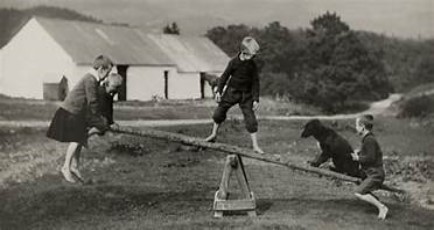I had an interesting conversation recently about the psychological idea of the Locus of Control (LOC). It is helpful in the consulting room and it can help us with safe experiments.
The Locus of Control (LOC) focuses attention on how I ‘allocate’ responsibility for things. How do I assess who is ‘responsible’ for what happens and/or the changes that arise in my life.
Is it a simple continuum or straight line?
From the: External Locus of Control (ELOC): some-one else is responsible, e.g. my therapist, my spouse etc ……. to the
Internal Locus of Control (ILOC): it’s all to do with me, e.g. I made it happen.
or,
ELOC ================================================== ILOC
When you make take an action, it is likely that you will be able to identify where the ‘responsibility’ point lies along this line. For example, you have an argument with your partner. Depending on the matter in hand, you may hold yourself to account for it ( “I got angry“). Alternatively, you may see your partner as the main person responsible for the event (“he did this“). In either situation, your x will be marked at one extreme of the continuum.
For most decisions and actions we take, we can locate responsibility for the event toward the left, toward the middle or toward the right. It will reflect your consideration of how the balance of responsibility is ‘shared’ (or not) between the two of you.
This will vary from one situation to another but – in my experience, over time – we veer to a ‘favourite’ position.
What is your pattern?
If you do the safe experiment, briefly described above, then does a pattern emerge? Keep your eyes and ears open to just notice what your ‘favourite’ seems to be. By and large, do you place the burden for events on yourself or on others?
There is a light-hearted ‘test’ available at:
https://my-personality-test.com/results/6340007282201253120/locus-of-control
- just bear in mind the distraction of advertisements here.
- Depending on the pattern you notice, consider: how would you prefer things to be?
Loss of control
There is a readable article on this topic – in PDF format. You can print it off at:
Locus of control is often viewed as an inborn personality component. However, there is also evidence that it is shaped by childhood experiences—including children’s interactions with their parents. Children raised by parents who encouraged independence, and helped them to learn the connection between actions and their consequences, tended to have a more well developed internal locus of control.
It would appear that children with a more internal locus of control have greater confidence. They feel more able to influence outcomes through their own actions …. as long as it is not ‘always’ my ‘fault’!
Even so, humans are meaning-seeking creatures and our LOC will play a large part in the ‘meanings’ we detect and articulate.
SAFE EXPERIMENT
Use Post-Its to note briefly where your Locus of Control is placed for several events arising over, say, a one week period. Use the continuum and offer a brief account of the matter in hand (it’s easy to forget what happened!).
After that week has passed, take time to review the material. What pattern is emerging?
Consider: how would you prefer it to be or, indeed, are there certain events that seem to repeat themselves. Does any pattern remind you of a Script issue for you?
Design a safe experiment to do things just a little bit different.
For example: consider the Feeling Fact safe experiment at the bottom of this page.
Some leads you could follow
What actions might build up a safe experiment or nudge
